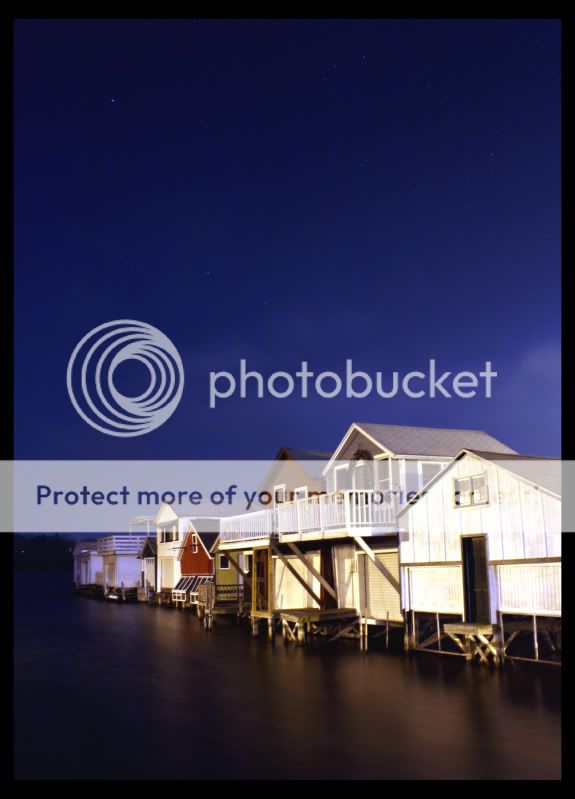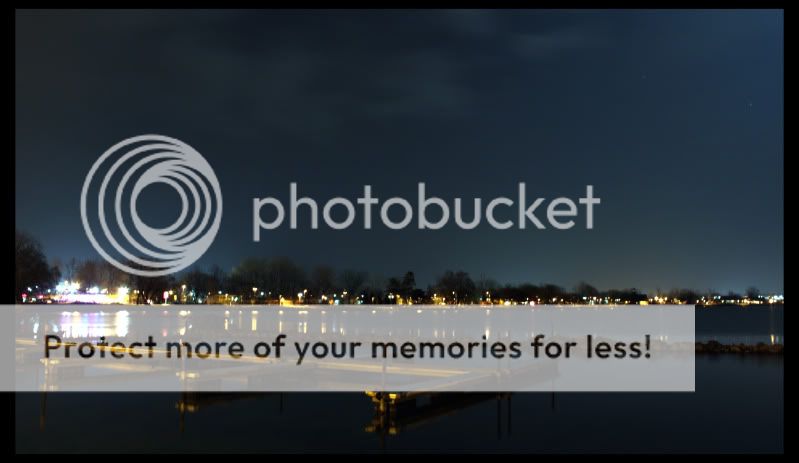oneradtek202
Pitcher Hill Reef Society
my first attempt at doing something at night. other than astrophotography. Came out OK. i need some more tips though










i use a vivitar v3000 tripod, and i used a 2 second timer so my release wouldnt have made any difference.
i was only shooting at f4 and sometimes f8 if i remember correctly.....so a larger f-stop will make the graininess less obvious?

